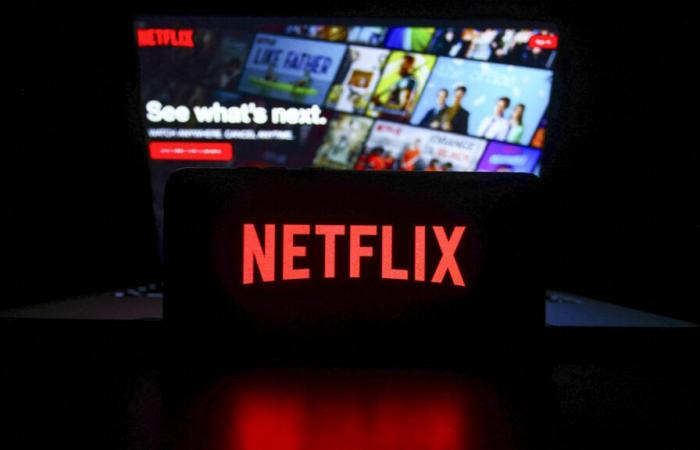Ten years ago, almost to the day (September 15, 2014), Netflix arrived in France. That day, without us necessarily realizing it at the time, the exercise of opening a book to spend an evening in its company was becoming an outdated practice, soon to be obsolete. I’m not saying that in 2014 France had as many inhabitants as readers, but at least there was still a segment of its population that regularly indulged in the pleasure of reading books other than commercial romances.
Ten years later, this population has largely disappeared. Few people now spend their leisure time devouring a novel, preferring to indulge in the pleasure of consuming, at any time of the day, a stream of series present in abundance on multiple streaming platforms. In a way, Netflix and its ilk have given the final blow to a practice that was doomed to disappear anyway.
Subscribe to Slate’s newsletter for free!Articles are selected for you, based on your interests, every day in your inbox.
There is no need to be a visionary to see that we have gone, in the space of two decades, from a civilization of words to that of images and noise, of incessant din. The appearance of social networks has captured most of our reflective capacities, transforming our brains into a vast scorched earth where the finesse of thought has been replaced by the brutality of slogans that no longer seek to establish reasoning, but to manifest an opinion reduced to its simplest expression.
Screens have become our new gospels, our mobile phones, our life assistants. We live saturated with images, news items, anecdotes that come and go at the speed of light to the point where our ability to focus our attention only exceeds a few minutes, or even a handful of seconds, the time to take an interest in any problem, before interrupting ourselves to respond to a WhatsApp message or urgently watch a video of two pandas mating whose antics will go around the world before giving way to a man capable of shelling a lobster with his beard.
Netflix has only accentuated this cultural deregulation by offering for a ridiculous price a slew of series, some remarkable, but the vast majority perfectly insignificant and sufficiently elaborate to make the captive brain ask for more night after night. If we consider that the ultimate goal of each individual is to find a way to escape from themselves, Netflix has provided something to fill this existential need with the profusion of an offer that knows no limits.
Netflix provides enough entertainment every day to allow everyone to take leave of themselves without asking for anything more than a couch and a minimal attention span. The problem is that by repeating this exercise, the brain has lost all contact with the very notion of effort. By dint of being absent from ourselves, we have become a kind of paragons of emptiness, individuals drunk on stories written in a hurry and filmed in the same way, whose frenetic pace of production annihilates any kind of critical spirit.
So much so that now reading a novel, a novel that is not the counterpart of a Netflix series where writing has become a sort of supplement to the image, cheap and smooth writing, requires not only time but also efforts that we are simply no longer capable of providing.
The brain is a muscle. If you train it to swallow images or plots without ever disturbing its way of being, if you respond very exactly to what it aspires to, a simple and pure desire for escape, faced with the complexity of a sentence that would take the time to write and would play on several lexical registers, it becomes as helpless as a chicken faced with a bottle opener.
It is not that people read less, it is that they no longer know how to read. That their capacity for concentration has diminished to such drastic proportions that reading, which requires sustained attention and a certain taste for effort, comes up against the contingencies of a brain dried up by the absorption of high doses of cultural products harmful to its productivity.
It would be like eating pizza every day. Eventually, your ability to enjoy slightly more elaborate dishes will be gone. The very idea of taste will no longer exist. You will have become a stomach for pizza and nothing else. Netflix is the Pizza Hut of culture. It’s neither good nor bad, just convenient for not having to cook or think. For many, a certain idea of contemporary happiness.
To follow the news of this blog, it’s here: Facebook-A Jew on the run






